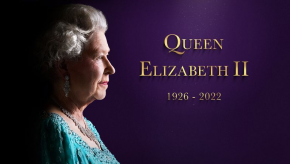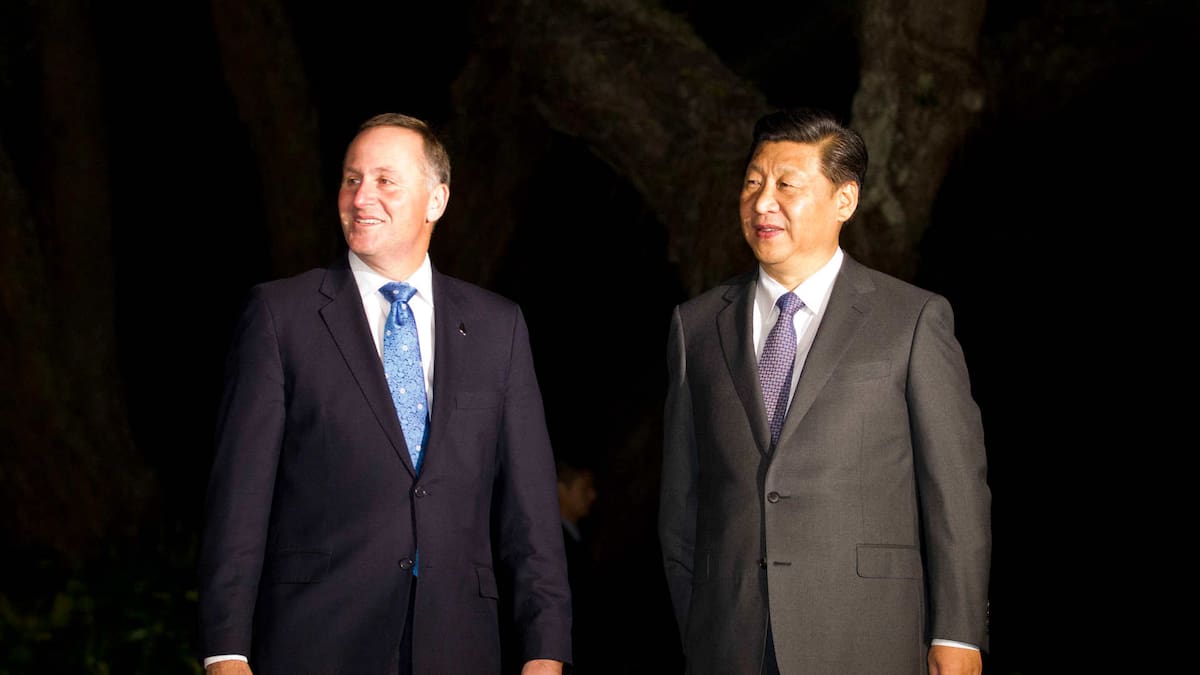The Ministry of Defence has released a RFI for the integration of C4i suites into the NZ Bushmaster vehicles. Responses are to be submitted by 1400 NZDT 4th November 2022.
There is movement on the
Northland Dry Dock. On 25th May a notice of a Future Procurement Opportunity was published on GETS by the Ministry of Transport.
The opportunity
The proposition of a dry dock large enough to service New Zealand’s bigger commercial vessels (e.g. interisland ferries) has been considered for several years. Currently, larger vessels need to travel offshore to Australia or Southeast Asia to get serviced, which presents resilience issues and produces additional carbon emissions. Northport have been progressing with their consenting process, but the question remains as to whether a dry dock is something that the Government should invest in. We are seeking your expertise to inform future decision making.
What we need
The Ministry is seeking an experienced provider familiar with the Treasury’s Detailed Business Case process to lead work exploring the case for Government supporting the development of a dry dock in Northland. This business case needs to identify the strategic benefits of a dry dock for New Zealand, and what wider benefits it would bring to Northland and New Zealand as a whole. Considerations around ownership structures and financing will be beneficial.
What’s important to us?
The Ministry is looking for credible providers who have the capability and understanding of purchasing large infrastructure and who can build a robust case for potential investment. Engagement will be an important aspect of this work and bidders need to be prepared to engage with a wide range of stakeholders. Preferably you will have relevant maritime experience, such as relationships with shipping lines and ports and an ability to quantify the wider economic and strategic benefits of a dry dock. A proven track record to deliver a Detailed Business Case is preferred, as well as international experience.
Why should you bid?
This is a unique opportunity to influence Government investment in a large infrastructure project that could help to shape Northland’s economy and support New Zealand’s shipping industry. It will be a great opportunity to engage with New Zealand’s ports and shipping lines to better understand the commercial realities of a dry dock.
On Thursday a RFP was issued with the following:
Background
Constructing a dry dock at Northport has been considered since at least 2015, when it was included in Northport’s ‘Vision for Growth’ 30–40-year port expansion strategy. Since 2012, there have been various reports that suggest building a modern dry dock at sites, including Northport, Port Taranaki in New Plymouth, Shakespeare Bay near Picton, and Port Chalmers near Dunedin.
New Zealand’s largest dry dock, Calliope graving dock, is situated at Devonport Naval Base, and is operated by Babcock under contract to the NZDF. The Calliope graving dock is not large enough to accommodate NZDF’s largest vessels, HMNZS Aotearoa and HMNZS Canterbury, or the inter island ferries. Larger vessels are typically sent to Singapore or Australia.
[1] The Captain Cook graving dock in Sydney is operated under contract to the Royal Australian Navy and New Zealand commercial ship operators often struggle to secure bookings due to preference given to Australian Navy vessels.
Devonport is constrained by its location in a residential area and the graving dock is a listed heritage site, placing limits on its operating hours and the noise it can generate. Expanding the site into Auckland Harbour would require significant consenting and would likely be met with resistance by locals and heritage authorities.
The alternative option is a month-long return trip to Singapore (plus time in dock), which has been estimated to cost operators between $500,000 and $850,000 for the fuel costs alone. This does not include labour costs, steaming time or the opportunity cost of foregone revenue. Nor does it take into consideration the emissions profile associated with such a trip.
A dry dock at Northport would provide an alternative to these options with the potential to provide additional resilience (less time out of New Zealand waters), reduce emissions[2], save on operating costs. Northport has previously been indicated as a preferred location in New Zealand and situating it in the Northland region would support the region to build on existing industry, diversify economic activity and retain skilled labour (in light of job losses due to the refinery closure).
A dry dock would also align with work on-going with the New Zealand Freight and Supply Chain Strategy, specifically the low emissions, resilience, and productivity and innovation drivers. The strategy issues paper noted that the international environment is increasingly unstable and unpredictable with the impacts of climate change and geopolitical volatility, where connectivity to overseas facilities may be increasingly disrupted. The paper also identified coastal shipping as a lower emissions mode of transport, which could contribute to New Zealand’s decarbonisation goals if used to shift more freight, but will require investment to increase their attractiveness to freight users. The dry dock is one example that could make coastal shipping more attractive in New Zealand and realise this ambition. A dry dock could also be strategically important as New Zealand shifts towards a hub and spoke port model which could see more domestic coastal ships in service.
[1] These issues apply to the Cook Strait ferries operated by KiwiRail, Bluebridge, and other large commercial ships (cement carriers etc).
[2] The Climate Change Commission’s report on reducing emissions within the transport sector noted the significance of New Zealand not having a large enough dry dock facility for many of New Zealand’s coastal vessels.
The opportunity
The proposition of a dry dock large enough to service New Zealand’s bigger commercial vessels (e.g. interisland ferries) has been considered for several years. Currently, larger vessels need to travel offshore to Australia or Southeast Asia to get serviced, which presents resilience issues and produces additional carbon emissions. Northport have been progressing with their consenting process, but the question remains as to whether a dry dock is something that the Government should invest in. We are seeking your expertise to inform future decision making.
What we need
The Ministry is seeking an experienced provider familiar with the Treasury’s Detailed Business Case process to lead work exploring the case for Government supporting the development of a dry dock in Northland. This business case needs to identify the strategic benefits of a dry dock for New Zealand, and what wider benefits it would bring to Northland and New Zealand as a whole. Considerations around ownership structures and financing will be beneficial.
What’s important to us?
The Ministry is looking for credible providers who have the capability and understanding of purchasing large infrastructure and who can build a robust case for potential investment. Engagement will be an important aspect of this work and bidders need to be prepared to engage with a wide range of stakeholders. Preferably you will have relevant maritime experience, such as relationships with shipping lines and ports and an ability to quantify the wider economic and strategic benefits of a dry dock. A proven track record to deliver a Detailed Business Case is preferred, as well as international experience.
Why should you bid?
This is a unique opportunity to influence Government investment in a large infrastructure project that could help to shape Northland’s economy and support New Zealand’s shipping industry. It will be a great opportunity to engage with New Zealand’s ports and shipping lines to better understand the commercial realities of a dry dock.
Beginning days, but we shall see what happens.



